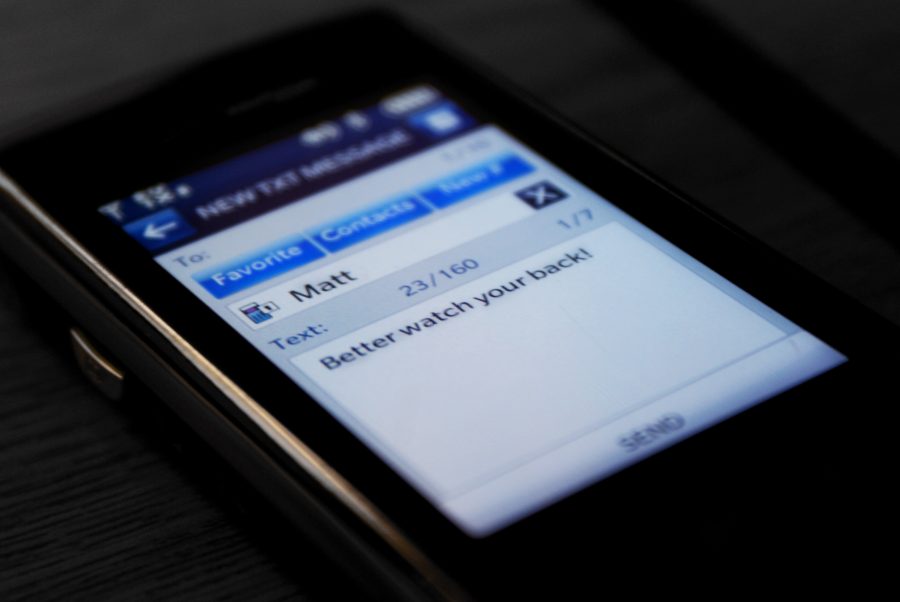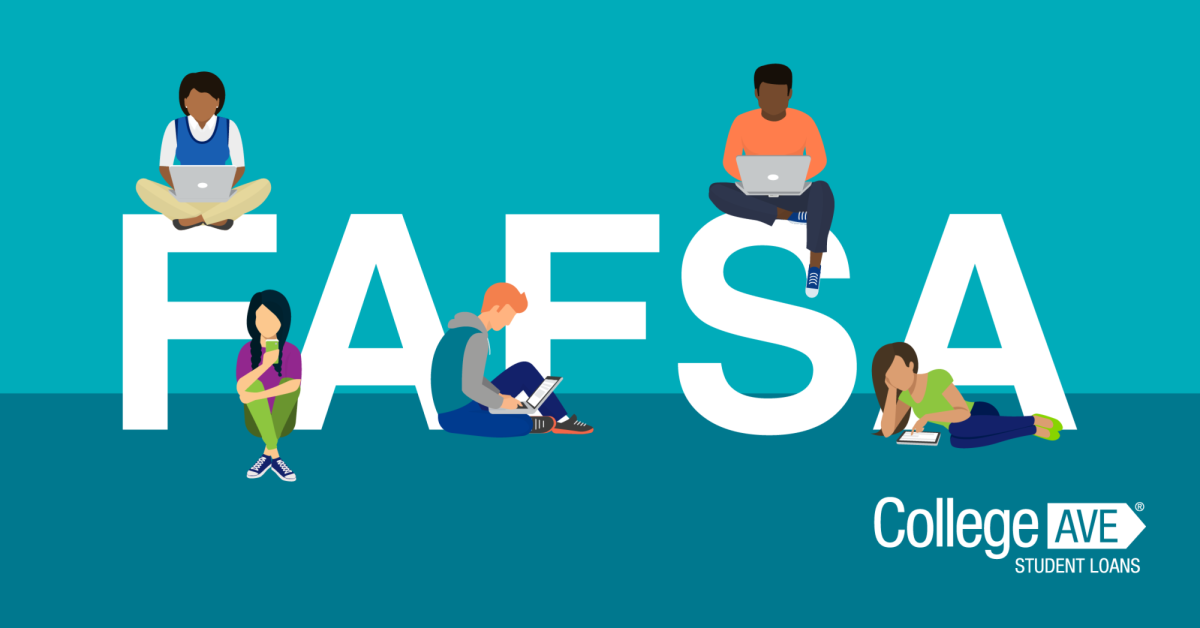During the last few years, traditional bullying has mutated into what many would deem a more vicious form: cyber-bullying. Almost everyone has heard of the cyber-bullying epidemic in the news, at school, and occasionally even from the victims or bullies themselves, but most people don’t truly understand what cyber-bullying is.
According to Dean Adam Taylor, cyber-bullying is, “bullying, harassment, and or intimidation through the means of electronic communication”. Many people perceive cyber-bullies as people who go online solely for the purpose of humiliating, embarrassing, and even threatening others; but according to victims and bullies alike, many people don’t intentionally become cyber-bullies.
“It often starts over stupid stuff like drama at a party or fighting over boys,” said one anonymous source. In most cases, people are mean to weaker bystanders because they know they won’t fight back. When cyber-bullies are insecure or feel the need to retaliate against a wrong done to them that they can’t fix, they often attack people who are completely uninvolved.
“They think that by writing a few mean words on Facebook that they’ll suddenly be tough and cool,” adds an anonymous freshman. How “tough and cool” are you if you’re too scared to actually confront the people you have a problem with in a mature way, let alone pick on innocents?
Many cyber-bullies seem to think that they are immune from school officials and law enforcement when online, but all it takes is a print-out from Facebook or cell phone record and you’re caught. Consequences can range from a RPC, expulsion, or even jail time. It only takes one time, and each felony count can be one to five years in jail in severe cases, in addition to a scar on your permanent record.
Something to keep in mind is that cyber-bullies aren’t only causing serious problems for themselves, but for the people they are bullying as well. In some cases, cyber-bullying has actually driven people to suicide, like in the case of Phoebe Prince.
Phoebe Prince, age 15, was relentlessly teased and ridiculed through text messages, Facebook, and other social networking sites, which started when she moved to the United States from Ireland last fall. Like most freshmen, all she really wanted was to make friends. In the beginning of the school year, she dated a senior, but a group of senior girls felt that she didn’t know her “place” and decided to ostracize her for it. Even after the relationship ended, they followed her around calling her offensive names like “slut” and to be more specific, “Irish slut”. Even when she wasn’t in school, the name-calling and intimidation continued through the internet and cell phone texts.
On January 14, 2010, some of the cyber-bullies shouted an insult and threw an energy drink can at her as she was walking home from school. Apparently, that was the last straw for Phoebe because she hung herself that day, only to be found later by her twelve year old sister. Three of the cyber-bullies have pleaded guilty to the charges for stalking and violation of civil rights resulting in bodily injury.
Cyber-bullies need to realize that their teasing not only results in emotional trauma for the victims, but could lead to something much harsher than anticipated, such as suicide. Who wants blood on their hands before they even graduate high school? Most people don’t believe that the mean girls who bullied Phoebe Prince meant to drive her to suicide. Even so, if they weren’t expecting her to hurt herself; what exactly were they trying to achieve by bullying her to such an extreme and exhibiting such cruel behavior? What may seem like revenge or vengeance now, will seem shallow and worthless when you’re facing the consequences from a school official, prison time, or a guilty conscience from causing a suicide. Therefore, the next time you’re about to hit “post” or “send,” contemplate not only your motives, but the consequences.






